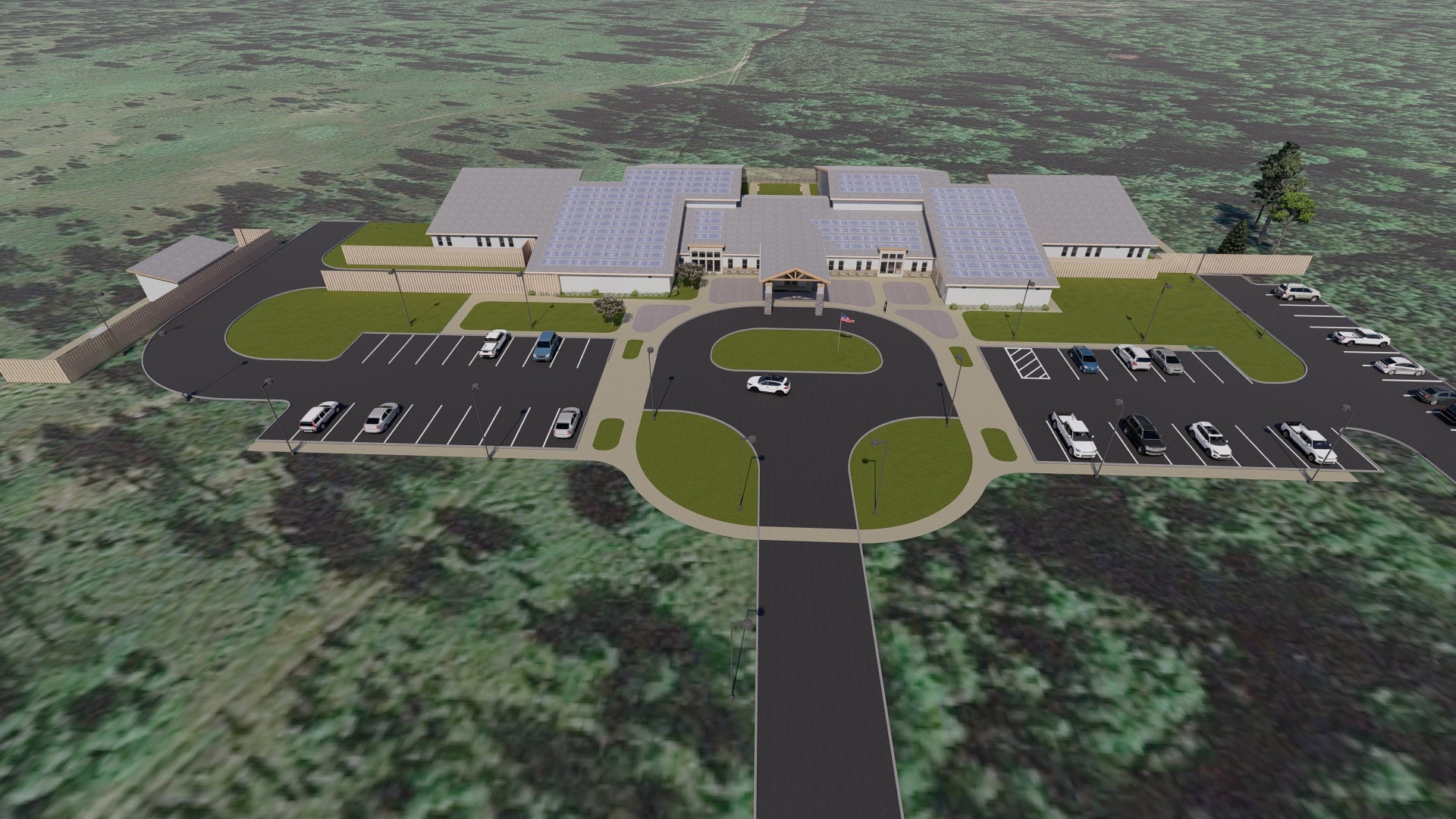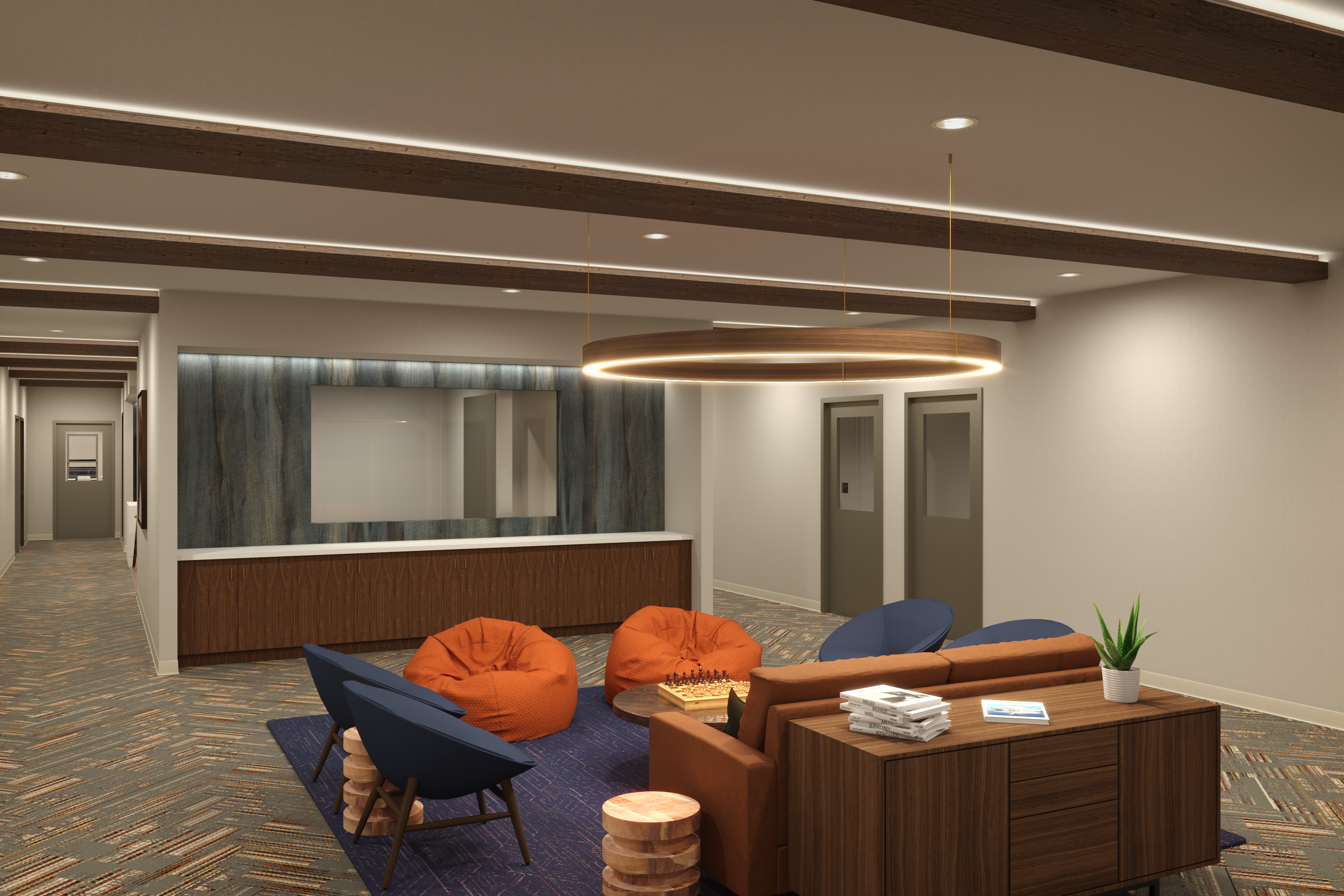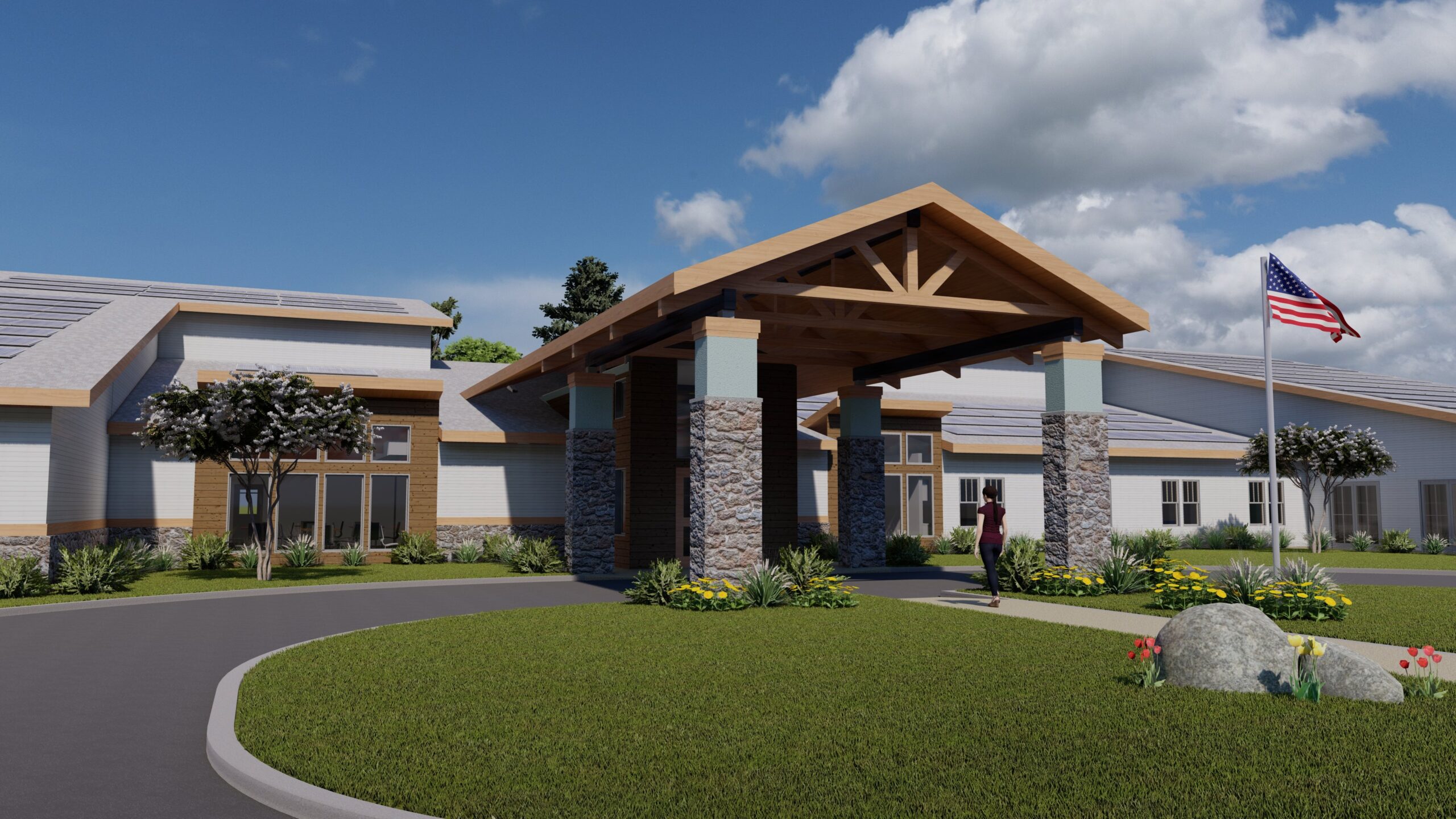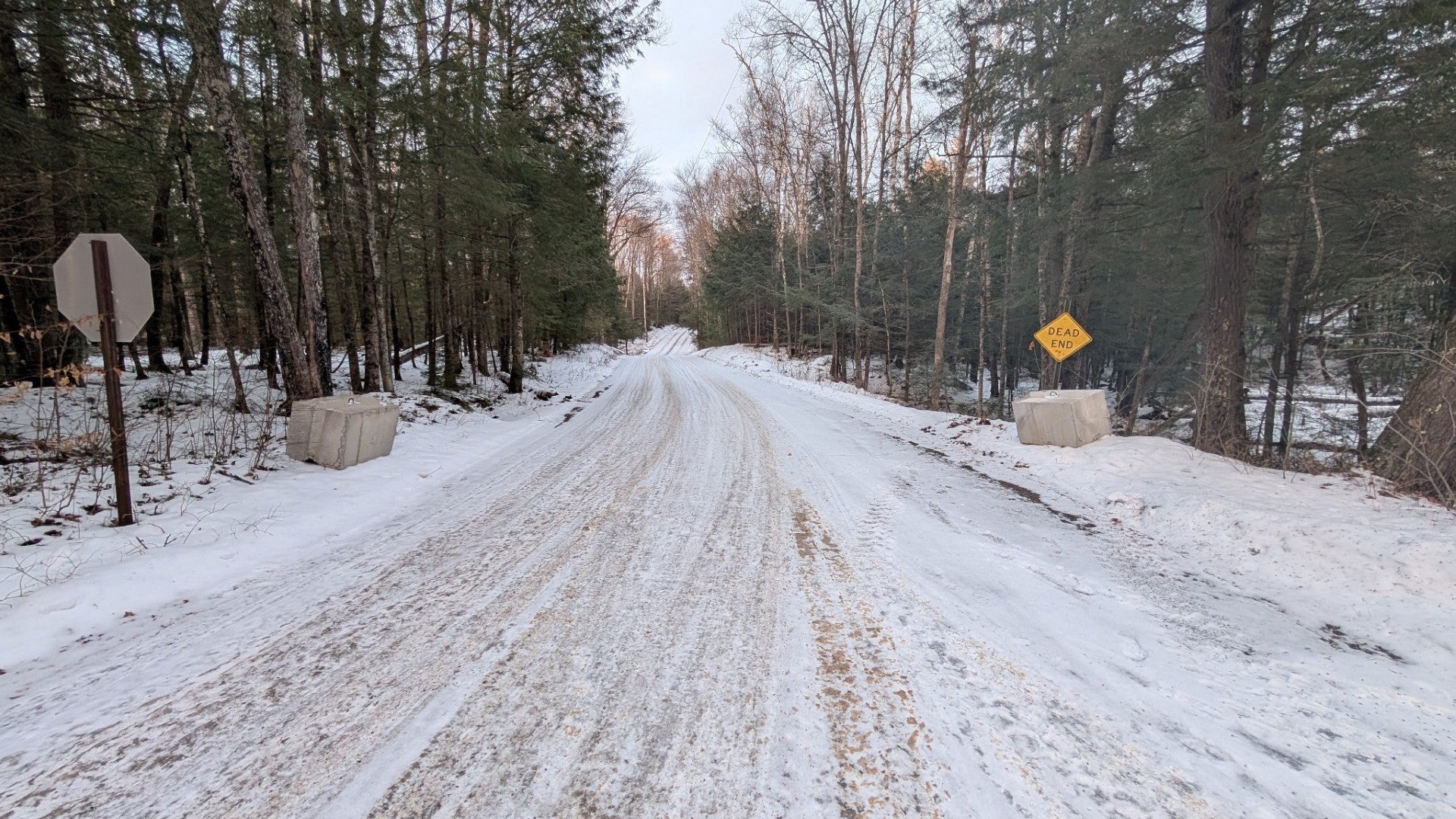Leaders in a northern Wisconsin town remain opposed to plans for a tribal youth recovery center in Oneida County even as county officials are providing more time to review the proposal.
The planning and development committee in Oneida County met last week to discuss whether to grant a conditional use permit for the proposed $18 million facility.
The Great Lakes Inter-Tribal Council, a consortium of tribes in Wisconsin and Michigan, wants to build an Adolescent Recovery and Wellness Center to treat tribal and nontribal teens for substance use disorder along with any co-occurring mental health conditions. The 36-bed facility would serve youth ages 13- to 17-years-old.
The Oneida County committee extended its review of the council’s application to 180 days since it was first filed in September. County officials want the Great Lakes Inter-Tribal Council to meet and hash out concerns voiced by leaders in the town of Cassian where the facility is slated for construction.
“They were supposed to set up a meeting right away as fast as they could, and we’ll wait to hear from them,” said Bob Almekinder, a committee member.

Town leaders cite concerns over trust status of land for the facility
Stay informed on the latest news
Sign up for WPR’s email newsletter.
Town officials for the community of nearly 1,100 people have cited a long list of concerns about the facility. They include the center’s distance from a major highway, potential stress on emergency services, possible wear and tear on gravel roads, adequate security of the center and the facility’s effects on the local water supply. In September, the town board passed a resolution asking the nonprofit tribal corporation to halt construction of the facility.
Town leaders are also concerned whether the Great Lakes Inter-Tribal Council may place land purchased for the facility in federal trust. That’s a process under which the federal government holds the title to land for the benefit of a tribe or tribal members.
An attorney with the law firm Husch Blackwell in Milwaukee, who is representing the council, said in a letter to the committee that it’s “nonsensical” that the land would be placed in trust, noting only tribes and individual members are eligible. Bryan Bainbridge, the council’s chief executive officer, said fear and a lack of understanding are behind opposition.
“We don’t fall under the same category as an individual sovereign nation, tribe, or band — or an individual member,” said Bainbridge. “There’s really distinct things that you’d have to meet in order to do this.”
Despite that, Town of Cassian Board Chair Patty Francoeur said local leaders don’t believe the council. She said the concern is that they could “do whatever they want out there” without local or state control, eliminating enforcement of any permitting requirements for the facility. Property that’s held in trust by the federal government also can’t be taxed by most states, including Wisconsin.
If the county committee approves a permit, Francoeur said they would expect officials to require that all of the council’s member tribes provide a written statement that they will not place the land in federal trust. The council includes Wisconsin’s 11 tribes and the Lac Vieux Desert Band of Lake Superior Chippewa in Michigan.
Bainbridge said the council has addressed questions and concerns about the facility in its application for a permit, other documents or through answers before the committee. Even so, Francoeur said she doesn’t think it’s fair the committee recommended the town reconvene with tribal officials to discuss the project, saying the council hasn’t addressed concerns to the town’s satisfaction.
“The town remains opposed,” Francoeur said. “It’s out of our hands. It’s at the county level for them to make the decision. If they’re satisfied, then we’ll move forward from there.”

Photo courtesy of the Great Lakes Intertribal Council
Council’s CEO says tribes shouldn’t be held to a separate set of standards
The town hired an attorney with the law firm von Briesen & Roper in Green Bay regarding its concerns with the facility, which has argued the center isn’t allowed under local zoning regulations. Despite that, the town’s attorney has urged the county to change its ordinance to bar this type of center.
Karl Jennrich, the county’s planning and zoning director, has previously said a review of the facility indicates it would be allowed under a conditional use permit.
Regardless of differing views, local and tribal officials agree there’s a need for a center to treat youth struggling with addiction and mental health issues.
“Every day that this project is delayed is a day that an individual goes without service,” Bainbridge said. “Every day, there’s a chance or possibility that we’ll lose another young individual.”
He said the council shouldn’t be held to a separate set of standards in its application just because tribes are involved. Bainbridge has previously said racial bias is behind vocal opposition to the project.
“We have stated all along that this is not what it’s about,” Francoeur said. “The opposition is where they’re trying to put it.”
If you are struggling with thoughts of suicide, call 988 for the Suicide and Crisis Lifeline. You can also text HOPELINE to 741741 for the free and confidential Crisis Textline.
Wisconsin Public Radio, © Copyright 2025, Board of Regents of the University of Wisconsin System and Wisconsin Educational Communications Board.


